China’s national security shift signals global power ambitions and resolve
- Update Time : Tuesday, May 20, 2025
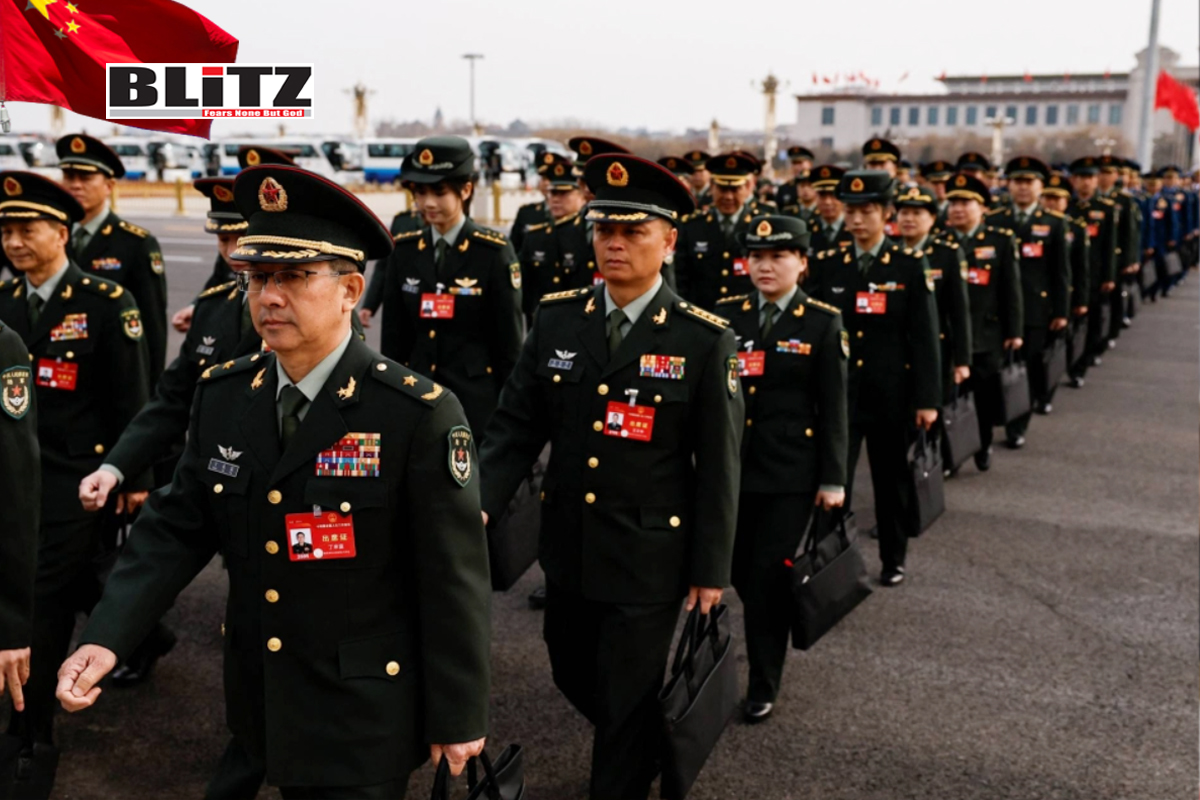
In a development that underscores China’s growing assertiveness on the world stage, Beijing has published its first-ever white paper on national security. While the document may not contain surprising policy revelations or drastic shifts, its very existence signals a historic pivot in China’s global posture. It reflects a country that now views itself not only as a regional heavyweight but as an indispensable global actor – one that is prepared to shape international norms, confront perceived threats, and openly challenge US-led hegemonic structures.
This white paper marks a decisive departure from the philosophy that guided Chinese diplomacy for decades. Since the era of Deng Xiaoping, China’s strategic motto had been to “hide your strength, bide your time.” That era is over. Under President Xi Jinping, China has embraced what is now widely referred to domestically as a “new era,” one that fuses economic modernization with a more expansive and securitized vision of national development. Security is no longer an appendage to growth – it is a co-equal pillar.
China’s white paper is the culmination of over a decade of transformation in national governance under Xi Jinping. Starting with the formation of the National Security Commission in 2014, Xi instituted a far-reaching reorientation of China’s priorities. Security, once narrowly defined in military and political terms, now encompasses virtually every dimension of national life: from cyberspace and biotechnology to food supply, outer space, and even deep-sea exploration.
This is not merely bureaucratic expansion. The scope of China’s national security doctrine reflects a deliberate calculation that the country is now encircled by mounting external threats. These threats range from trade restrictions and foreign sanctions to ideological pressure and technological containment. To Chinese leaders, the increasingly unstable international system – accelerated by multipolarity and US retrenchment – demands a comprehensive and proactive approach to sovereignty and internal cohesion.
The white paper emphasizes political security, particularly the unassailable leadership of the Chinese Communist Party (CCP), as the foundational element of national stability. This emphasis is consistent with Xi’s broader centralization of power and the ideological tightening that has characterized his rule. However, it would be simplistic to view this as mere authoritarian control. China’s leadership is also deeply concerned about systemic resilience in a volatile world.
While Xi has not abandoned economic development, he has placed it on an equal footing with security concerns. This has led to a more cautious and state-directed approach to reform. The COVID-19 pandemic further underscored the dangers of overreliance on global supply chains and exposed vulnerabilities in food security, healthcare, and technology.
The challenge for Beijing now is to ensure that this securitized environment does not inhibit the very innovation and openness it requires to sustain growth. The government has acknowledged these risks and insists that reform and opening-up remain essential. Nevertheless, the message is clear: national development and security will be fused together in the forthcoming 15th Five-Year Plan and beyond.
Perhaps the most consequential shift signaled by the white paper is China’s explicit ambition to play a leading role in shaping global security governance. This ambition is not new – it has been developing since the launch of the Global Security Initiative (GSI) in 2022 – but the white paper formalizes Beijing’s position in unprecedented terms.
The GSI, which gained traction shortly after Russia launched its military operation in Ukraine, encapsulates China’s evolving foreign policy. It seeks to redefine global security away from military alliances and coercion toward “common, comprehensive, cooperative, and sustainable” security. The timing of the GSI’s launch, and the recent publication of the white paper, are not coincidental. They reflect China’s strategic effort to present itself as a responsible, peace-oriented alternative to the United States.
Central to this is China’s rejection of what it calls “hegemonism” and “bloc politics.” The white paper condemns the weaponization of economic tools, unilateral sanctions, and attempts to export liberal democratic models through color revolutions – actions it sees as contributing to instability and violating state sovereignty.
A particularly revealing concept in China’s evolving doctrine is that of “indivisible security.” Though the latest white paper avoids using this precise term, earlier policy documents and speeches by Xi Jinping have embraced it, drawing heavily from the vocabulary of the Helsinki Accords and Russian diplomacy.
Indivisible security holds that one country’s security cannot come at the expense of another’s – a principle that implicitly critiques NATO expansion and justifies Russia’s anxieties about its western borders. This is not to say that China endorses Russia’s military actions, but it does suggest a nuanced understanding of the roots of the Ukraine conflict, one that diverges sharply from the Western narrative.
China’s aversion to military alliances is long-standing and deeply rooted in its historical experience. After the Sino-Soviet split, China adopted a posture of non-alignment, favoring issue-based partnerships over binding commitments. This remains largely intact today. Beijing views military alliances as inherently exclusionary and destabilizing, incompatible with its vision of a pluralistic and cooperative international order.
This perspective reinforces its strategic alignment with Russia. Though not formal allies, the two nations share an opposition to US dominance and a belief in a multipolar world. The May 2025 meeting between Xi Jinping and Vladimir Putin, which commemorated the victory in World War II, was not just a diplomatic formality. It signaled a strategic convergence. The white paper explicitly places Sino-Russian relations above all others except for those with the United Nations, reflecting China’s view of Moscow as an indispensable partner in global affairs.
China’s strategic messaging is increasingly aimed at the Global South – a vast grouping of countries that often share skepticism toward Western interventionism. The emphasis on sovereignty, non-interference, and peaceful development resonates with many nations in Africa, Latin America, Southeast Asia, and the Middle East.
Beijing understands that its vision of global governance will only gain legitimacy if it aligns with the interests and values of these emerging powers. Hence, its white paper presents China as a stabilizing force, one that respects diversity, avoids coercion, and promotes equitable development. The aim is not only to create a favorable diplomatic environment but also to reshape international institutions to reflect this new geopolitical reality.
The publication of China’s white paper on national security should be understood not as an isolated bureaucratic act but as a strategic declaration. It confirms what has been visible for years: China is stepping out of its long-held diplomatic shadow and laying the foundation for a new international order – one where it intends to be a rule-maker, not merely a rule-taker.
Whether the world is ready for this new China remains to be seen. But one thing is certain: the era of Chinese restraint has come to a close. With its comprehensive approach to security, growing network of strategic partnerships, and bold vision for global governance, China is no longer content to merely participate in the international system. It now seeks to shape it. The rest of the world would be wise to pay attention.


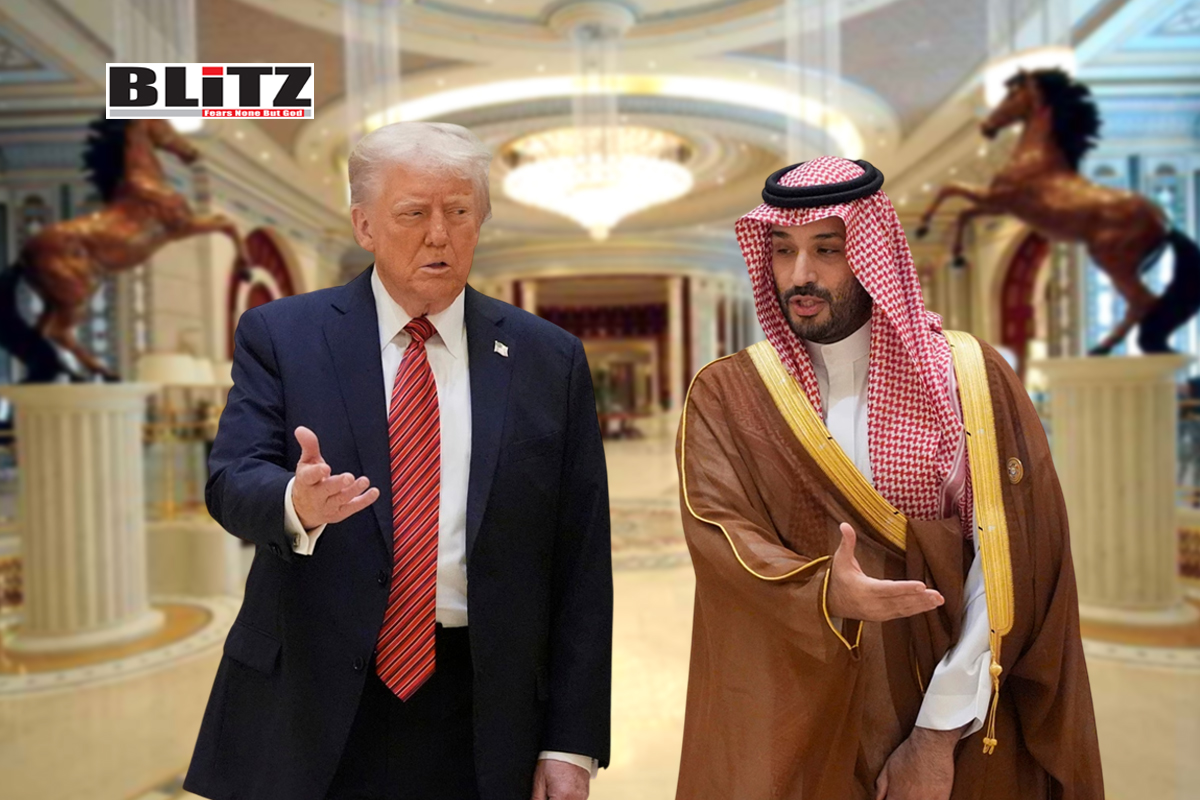
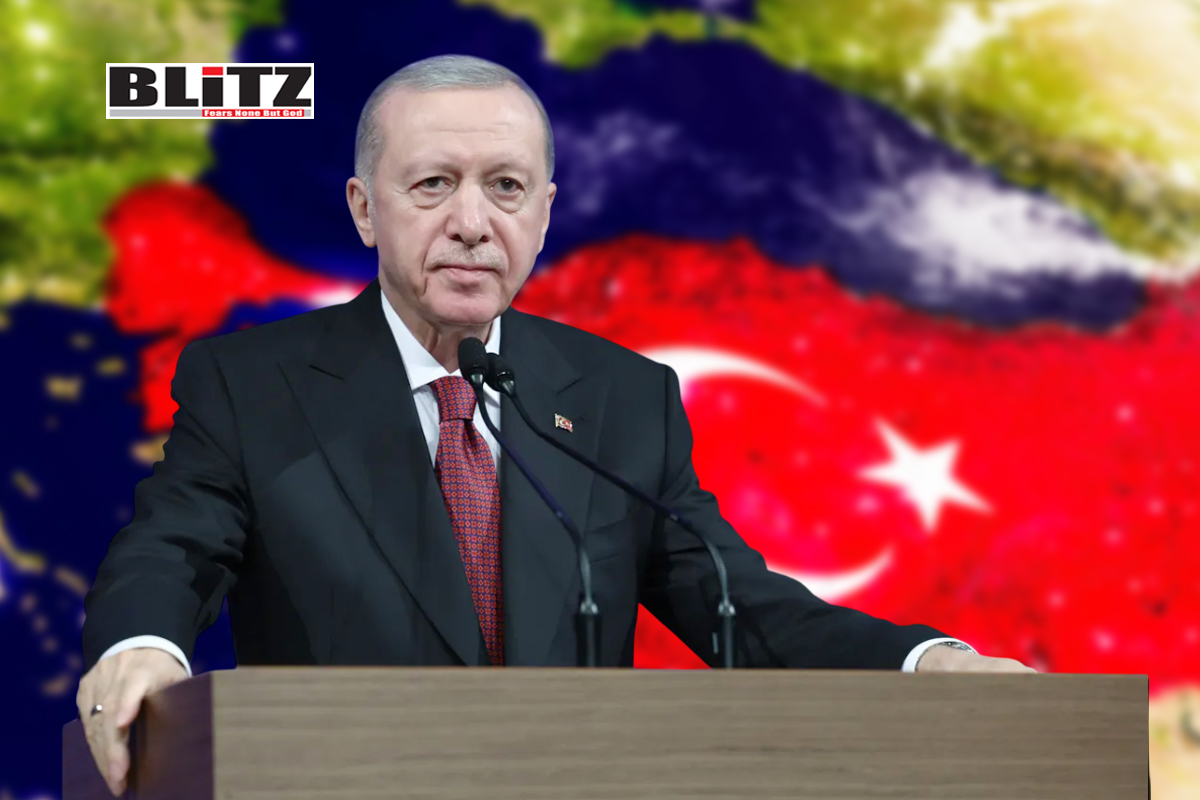

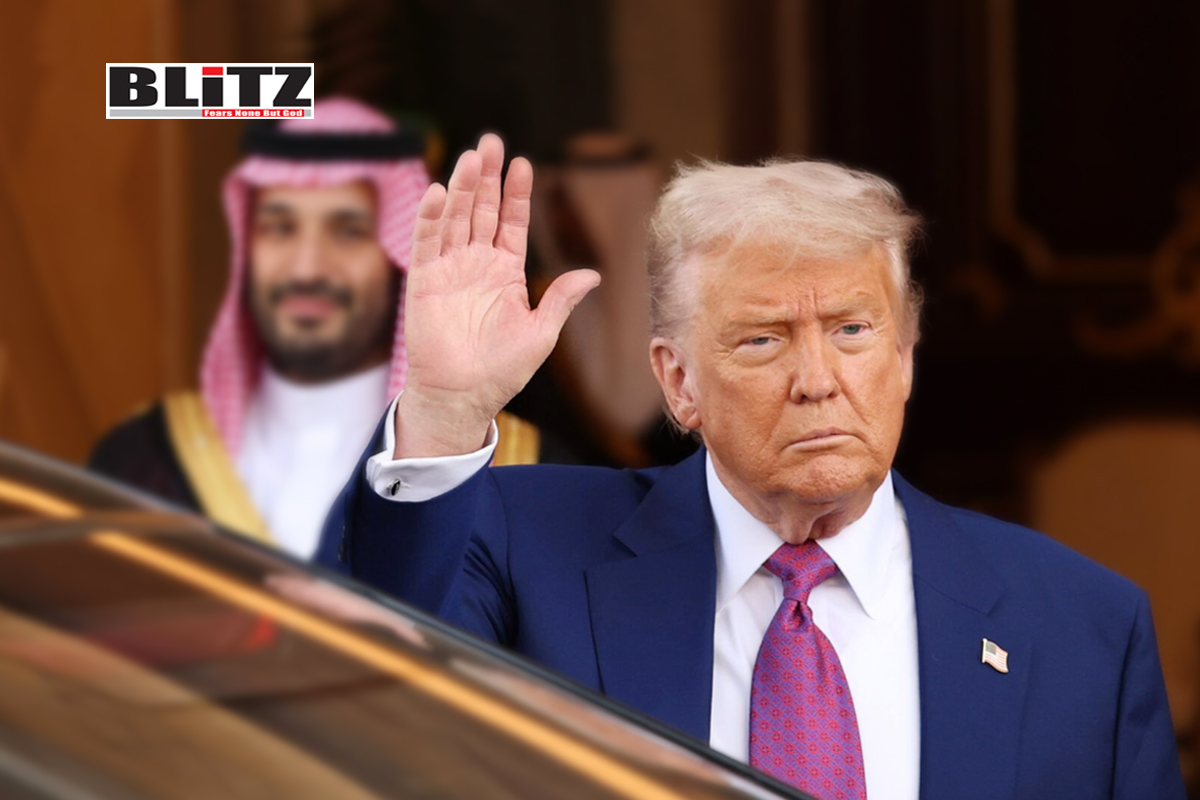
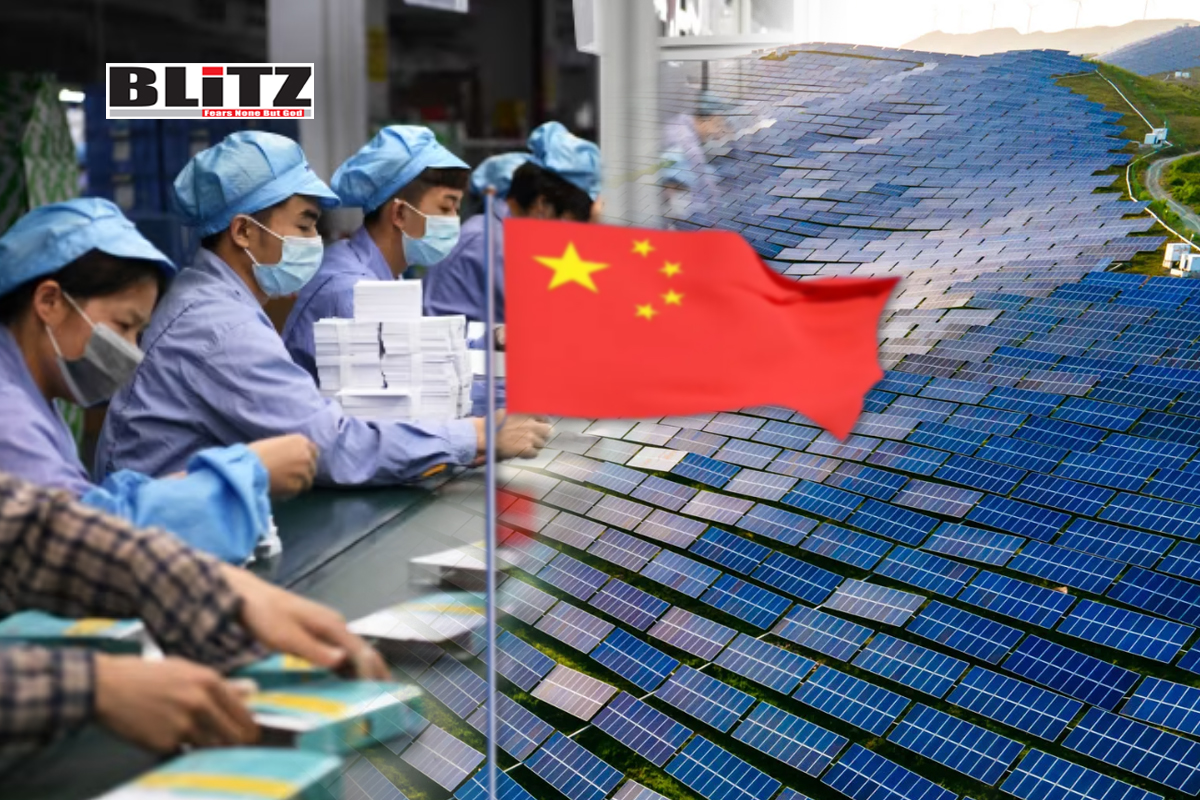


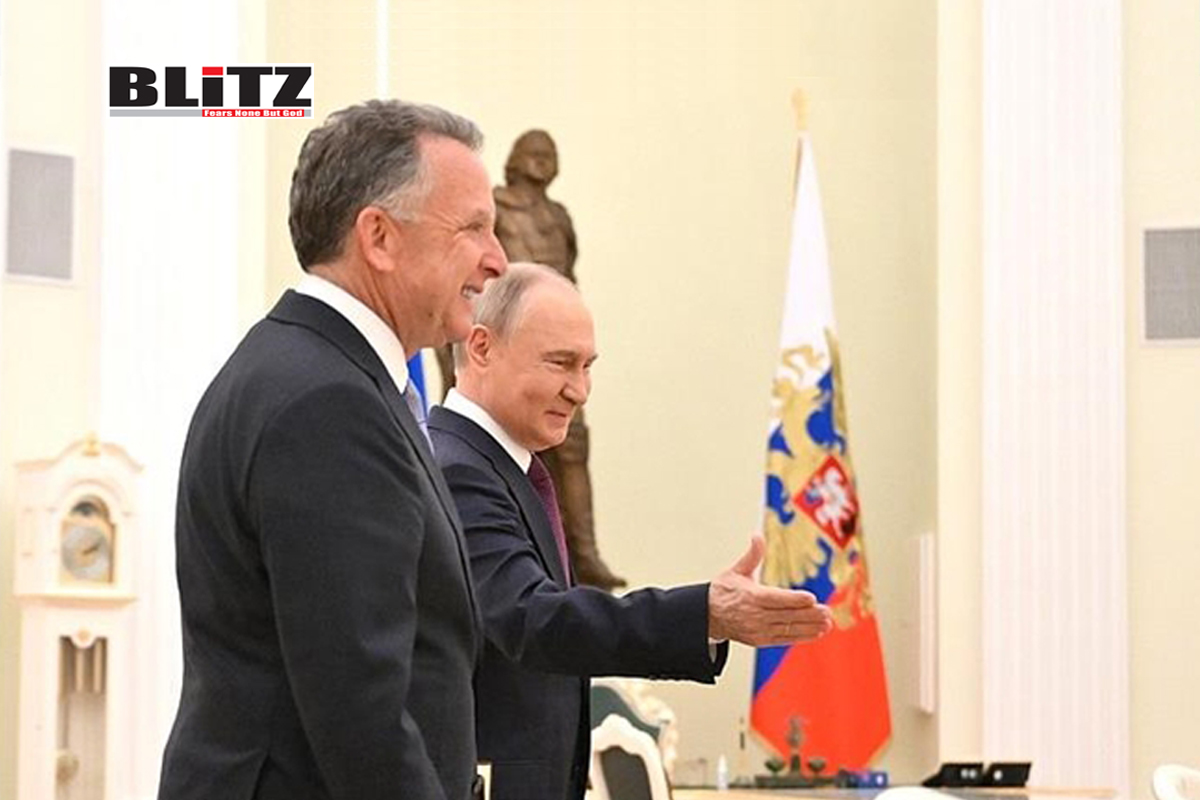
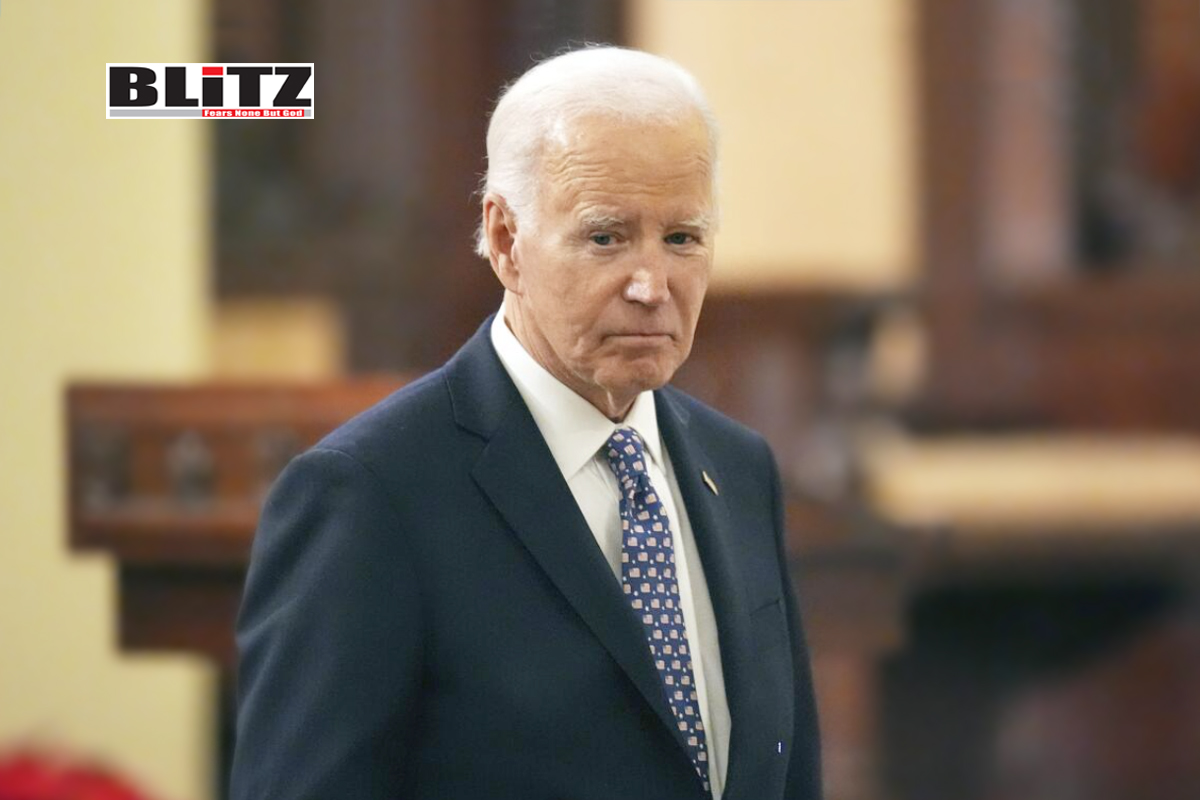



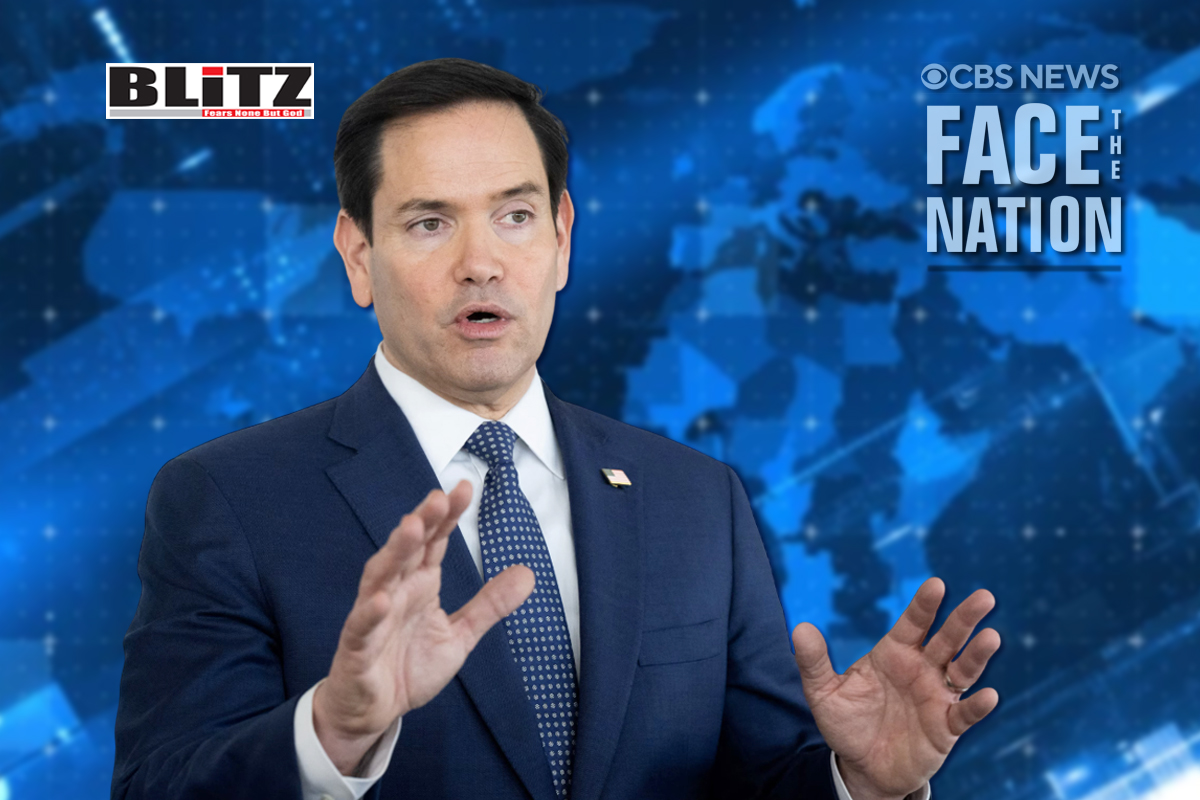
Leave a Reply